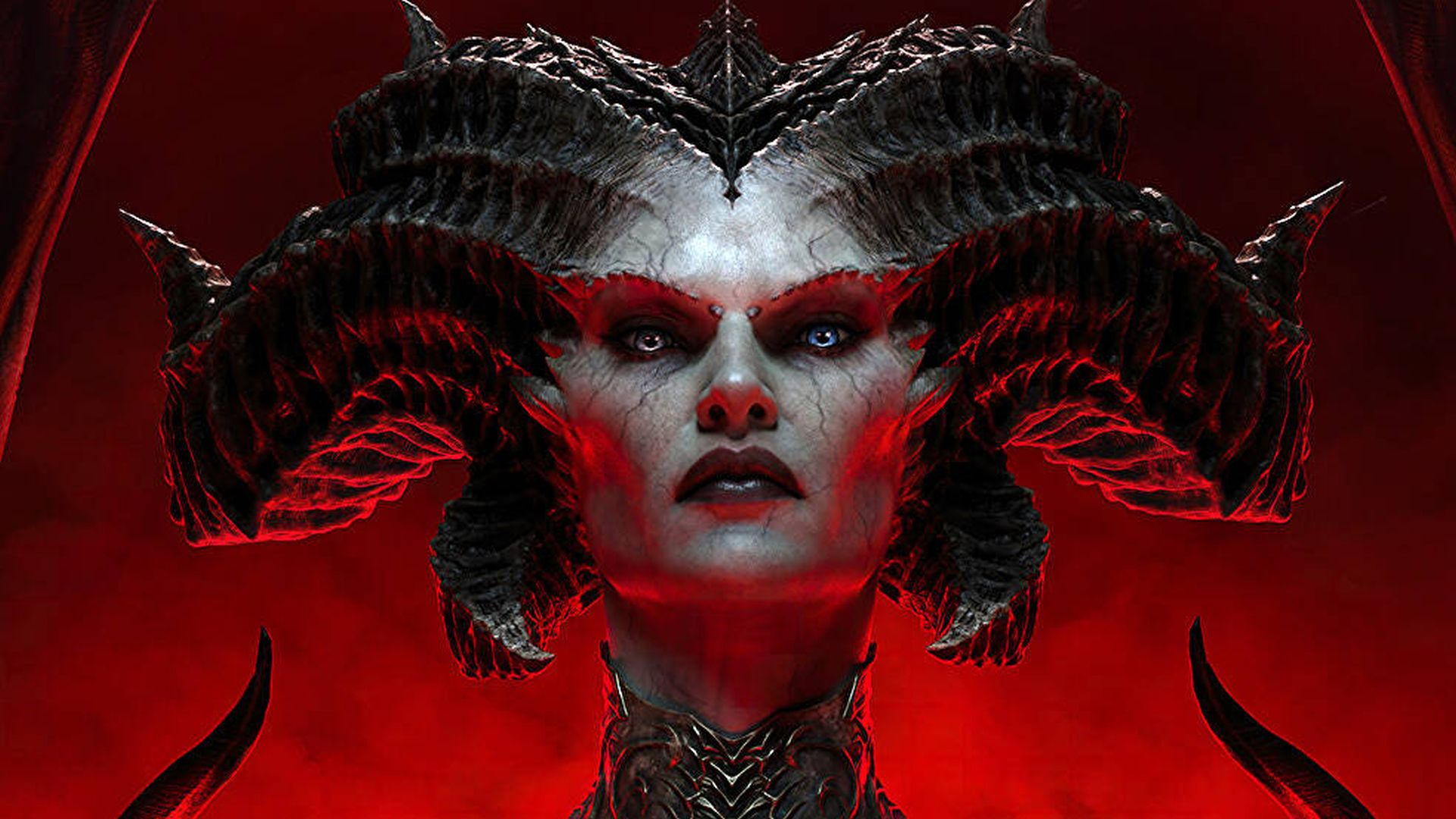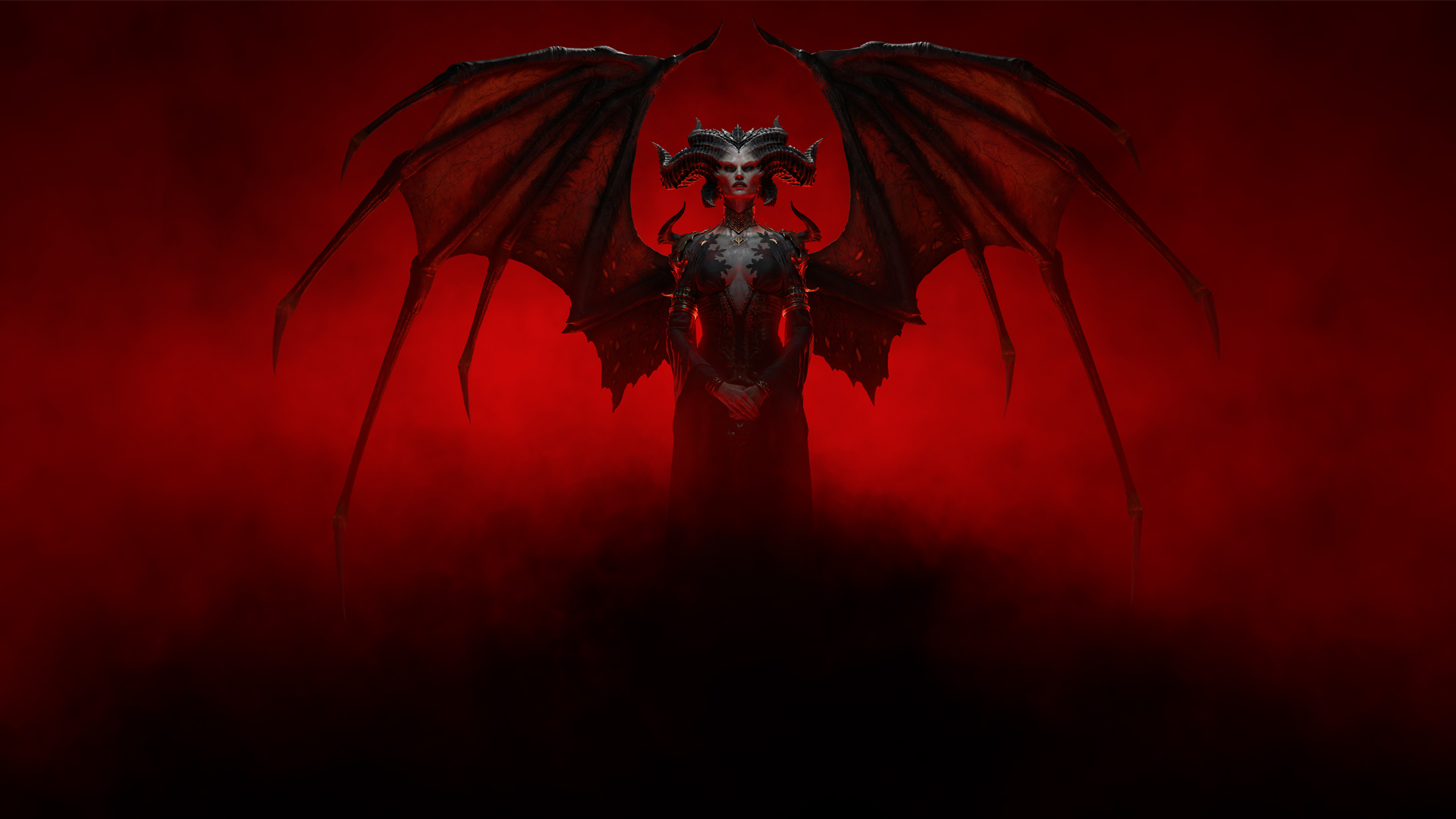
Between its recent tests, the developers of Diablo 4 were keen to assure players that they weren't playing a "marketing beta". General manager Rod Fergusson explained how a rocky start would mean a smoother launch, that Blizzard had already used data gathered from the early access to hotfix major problems and solve other issues down the line. For all the struggles that Diablo developers wrestled with over the past few weeks, it looks like the open beta was a true testing ground for the game. Unfortunately, that seems to be an increasingly rare phenomenon.
This week, Warner Bros announced that Multiversus – a game that soft-launched in July 2022, entered its first season in August, and claimed nominations and wins at several prestigious Game of the Year awards shows – has actually been firmly in beta this whole time. In spite of updates, seasons, new characters, and a pretty gruelling battle pass, players were told that "there's still a lot of work to do," and that the game will be pulled from digital stores next week, will be shut down in June, and won't return to a 'live' state until next year.
Ostensibly, Multiversus is shutting down to give Warner Bros a chance to work on its release timeline for things like new characters and maps, as well as improvements to netcode and matchmaking. The quiet part is that Multiversus' player count has fallen off a cliff, dropping 99% between July 2022 and February 2023 on Steam. For a service game intended as a rival to one of the most successful fighting game series of all time, that's a death knell; fewer players means a worse online experience, which is likely to drive even more players away. It's not hard to extrapolate that Warner Bros is hoping a relaunch will give Multiversus the shot in the arm required to resurrect it. But in doing so, it's helping further undermine the already uncertain role that a beta plays in modern game development.
Safe bet-a


10 games like Diablo to play if you're bored of waiting for Diablo 4
Traditionally, a beta test follows an internal alpha testing phase, and is the first time that select members of a prospective audience get their hands on a product. A beta can take many forms, but many focus on online functionality or game balance; consider Elden Ring's network test, or testing servers for games like League of Legends or World of Warcraft. The idea is that these tests offer data for troubleshooting or fine-tuning that otherwise might get swept up in the chaos of a full launch.
But increasingly, it feels like betas occupy two new roles. One is the 'marketing beta' mentioned by the Diablo team: early access, often gated behind pre-orders, for which prospective players will have to pay. Developers will glean useful information from these tests, sure, but a key aim is to lock-in some crucial sales well ahead of launch.
Far more cynical, however, is the beta that sees a game dangled in front of a player-base for as long as it remains invested. If the investment wanes (or never even comes), the game can be pulled back out of its testing phase – no matter how long it's been available or how much money it's made from its audience – to be re-released at a time more conducive to its success. Or – as in the case of Amazon's defunct hero-shooter Crucible – to be entirely shuttered, as quietly as possible, in the hopes that people forget it ever existed.

"Even as it made its testing aims clear, Blizzard was combating complaints from players somehow unhappy that they were helping to test the game".
I'm reminded of the issues surrounding Steam's Early Access system in its opening months. Eventually, Valve made a play for transparency, requiring developers to outline their aims and timeframes for their early access window, but before that, games could sit in 'early access' for years. Sales could be racked up, updates could flow, but there was always the sense that a project might never make it to a full release, despite that EA badge acting as a helpful shield for more significant criticism.
Sign up to the GamesRadar+ Newsletter
Weekly digests, tales from the communities you love, and more
The idea that an entire beta phase is little more than an extended temperature check, just to see if enough of an audience can be pulled in, is exactly what the Diablo devs had to battle against around their own betas. Even as it made its testing aims clear, Blizzard was combating complaints from players somehow unhappy that they were helping to test the game. In my view, that's exactly what a beta should be, but it's clear that the term has been somehow corrupted, and now, to some, simply means 'a period of time where I get to play the game early'.
Multiversus' disappearing act wasn't the first time a beta badge has been used in this way, and it won't be the last. But every time this happens to a game that is, for all intents and purposes, a full-fledged release, trust in the idea of testing a game will be corroded. And as that happens, our insight into their development – and fans' ability to be involved in the games that they love – will be diminished ever further.
For what it's worth, we really quite liked the Diablo 4 open beta.

I'm GamesRadar's news editor, working with the team to deliver breaking news from across the industry. I started my journalistic career while getting my degree in English Literature at the University of Warwick, where I also worked as Games Editor on the student newspaper, The Boar. Since then, I've run the news sections at PCGamesN and Kotaku UK, and also regularly contributed to PC Gamer. As you might be able to tell, PC is my platform of choice, so you can regularly find me playing League of Legends or Steam's latest indie hit.


